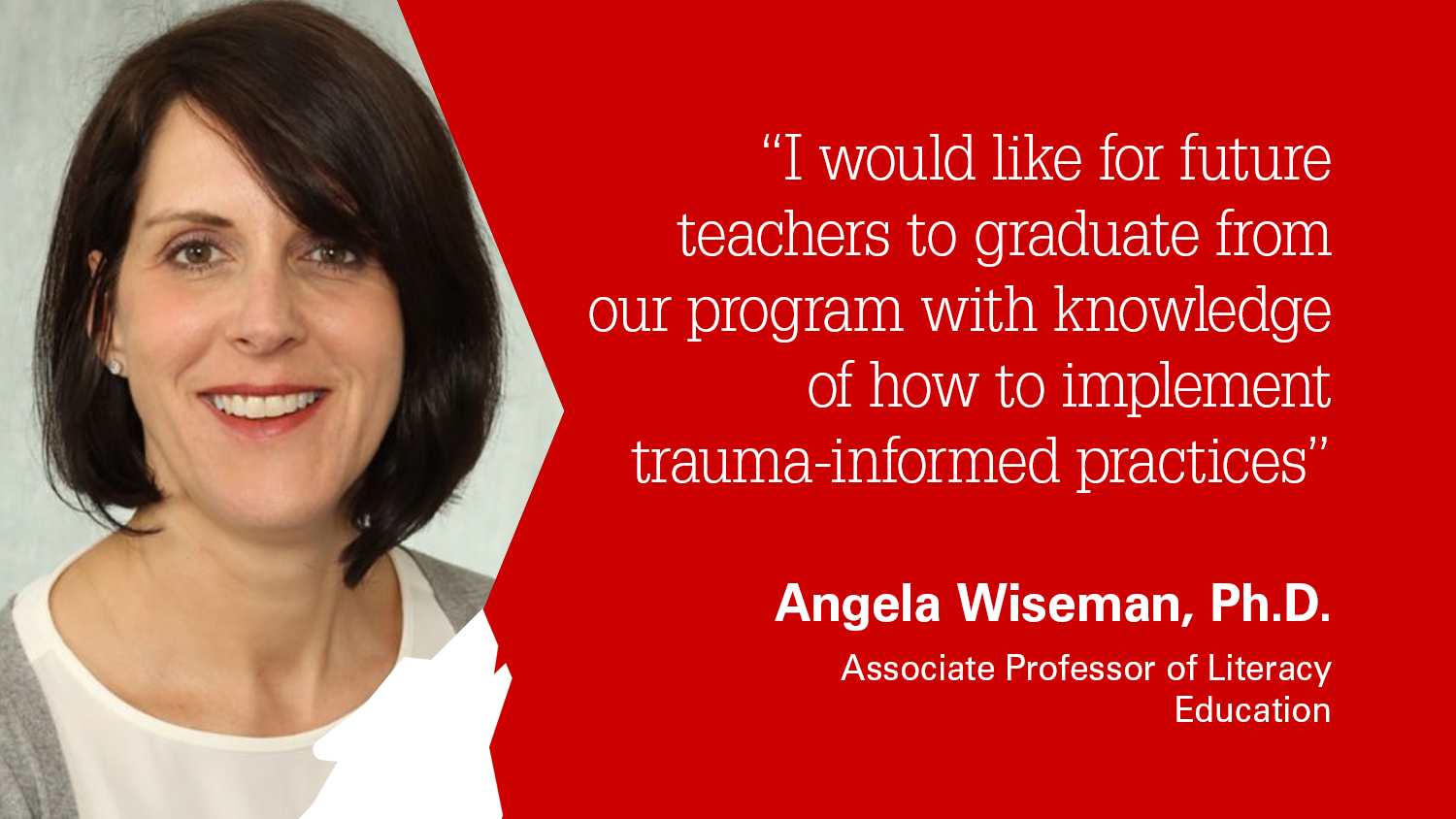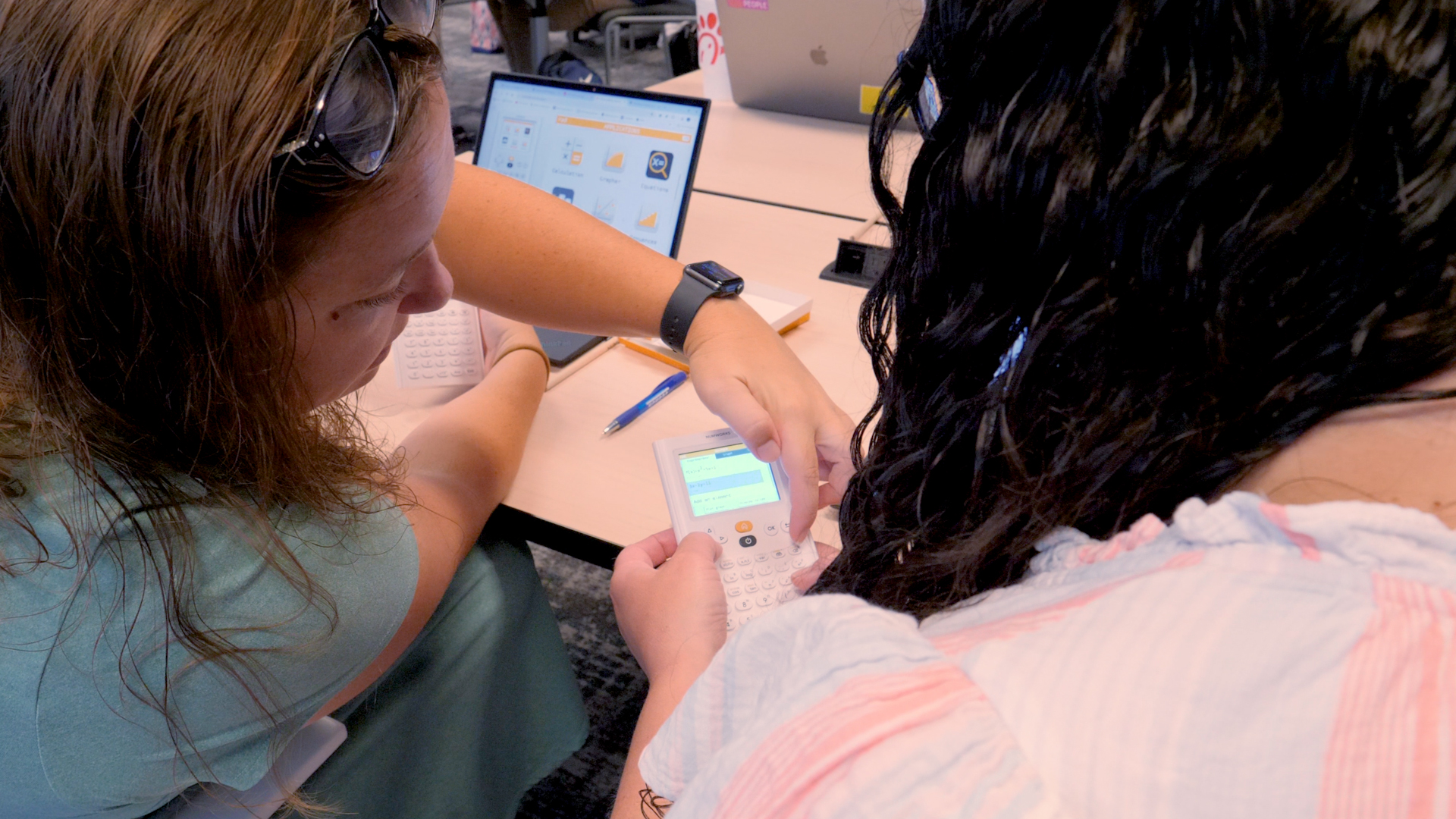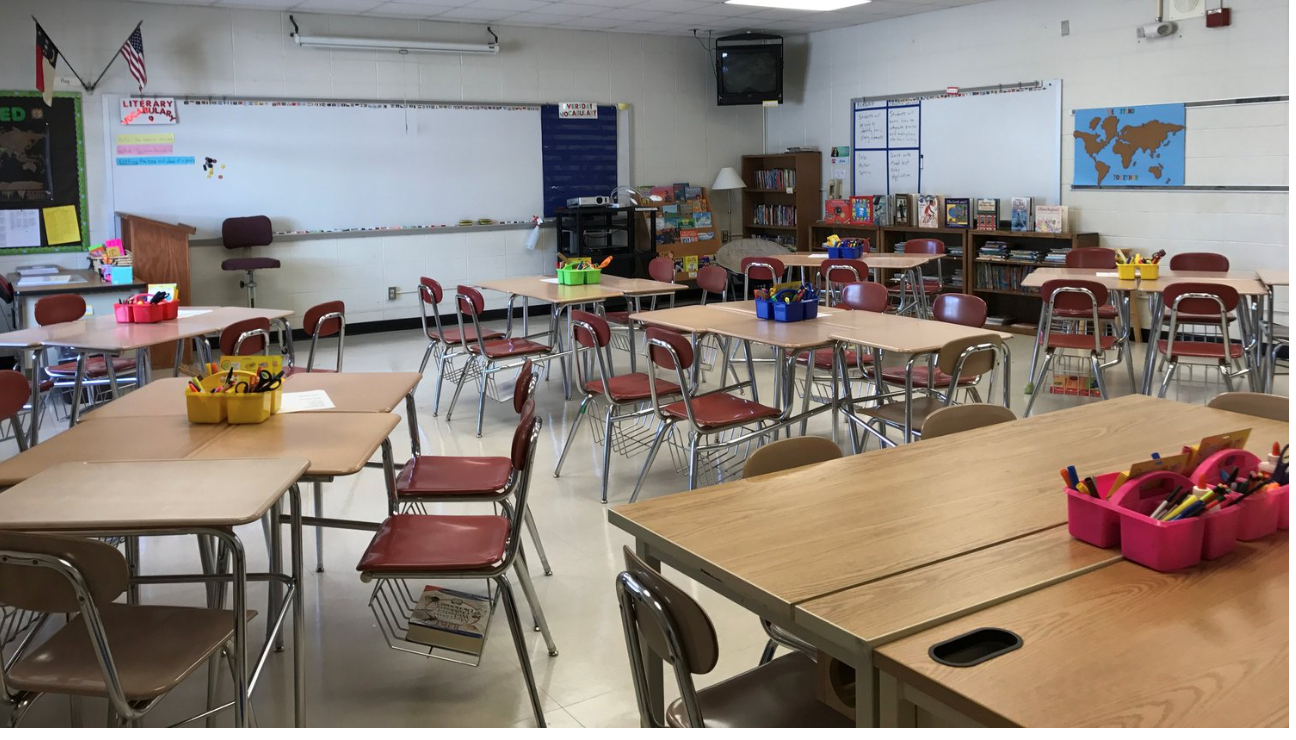Associate Professor Angela Wiseman: ‘I Want My Students To Be Teachers Who Will Encourage, Support and Understand All Children’

Alix Howard ’20, a third grade teacher at St. James Elementary School in Lincoln County and graduate of the NC State College of Education’s elementary education program, always enjoys writing alongside the students in her classroom.
Whether her students are working on a writing prompt or a free writing assignment, Howard will write with them after being inspired by Associate Professor of Literacy Education Angela Wiseman, Ph.D., who would write along with her students as they worked on their writing journals.
“It made it more comfortable to write because Dr. Wiseman was writing herself, so I took that into the classroom and while my kids write, I write with them,” Howard said.
Wiseman comes from four generations of teachers, but she initially didn’t plan to follow in those footsteps because she began struggling in school after fourth grade.
However, when she was excused from one day of her high school classes to volunteer in an elementary school, she fell in love with being surrounded by young children and the idea of teaching.
She became an elementary school teacher in Virginia for six years and a K-2 literacy specialist for three years. During that time, she started engaging in research and began pursuing a Ph.D. to become a teacher educator, with a research focus on children’s literature and family literacy.
“Picturebooks have a synergistic relationship between text and images, which is fascinating to analyze – ‘how do the illustrations reflect or contradict what’s in the story?’ Also, there’s nothing better than reading with children and seeing their engagement and enthusiasm around a book,” Wiseman said.
Her interest in picturebooks also connects with her research focus on family literacy.
“As for family literacy, I think it’s important to recognize that there are different ways to participate in their children’s lives,” she said.
For more than five years, Wiseman has implemented a trauma-informed family literacy program. She uses picturebooks with mothers and fathers in a drug rehabilitation facility to discuss parenting and ways to communicate with their children. Through a partnership with Qiana Cryer-Coupet, Ph.D., in the College of Humanities and Social Sciences, they created Trauma Informed Parenting Support for Recovery (TIPS 4 Recovery), bringing an integrated approach of education and social work to the family literacy program.
Stemming from their TIPS collaboration, Wiseman and Cryer-Coupet co-taught a course to better prepare pre-service teachers and social workers to help K-12 students who have experienced trauma, such as being separated from parents due to issues like incarceration, homelessness or drug addiction.
“Teachers and social workers are important points of contact for children and families experiencing trauma. I would like for future teachers to graduate from our program with knowledge of how to implement trauma-informed practices and also to know how they can work with other mental health professionals to support children and families,” Wiseman said.
The TIPS project received a Catalyst Grant from the Friday Institute for Educational Innovation and the College of Education in 2020, allowing Wiseman to expand the research and focus not only on pre-service educators, but in-service teachers and social workers.
The grant gave Wiseman and Cryer-Coupet an opportunity to conduct focus groups as well as design and deliver professional development to inform program development and public policy that affects children, families and schools. Brittany Miller, a research associate at the Friday Institute, has also played an important role in developing professional development for teachers and social workers.
“The Catalyst Grant was an opportunity to connect research to professional development in North Carolina to support teachers and social workers based on the needs they experience in school contexts,” Wiseman said. “We found that teachers and social workers want professional support for how to support students in ways that are trauma-informed.”
For the past decade, Wiseman has also helped to provide professional development for North Carolina teachers through cultural immersion as part of the Cultural Investigation and Digital Representation for Educators (CIDRE).
The program, which she co-leads with Professor Kevin Oliver, Ph.D., infuses writing and technology into different cultural experiences and has served more than 130 K-12 teachers through trips to England, Sweden, the Czech Republic and Finland, where Wiseman has an appointment as a scholar of multiliteracies research at the University of Tampere.
She also leads an international student teaching experience for the College of Education, which provides opportunities for pre-service teachers to gain global perspectives as well.
Wiseman said she believes that global perspectives are important for future and current educators, allowing them to learn different perspectives about topics like education, housing, immigration and poverty across different nations.
Her international work, along with her other research and approaches to teaching, tie in with her commitment to preparing future educators who are able to understand diverse perspectives.
“As an educator who has sought teaching opportunities in highly diverse settings, I am committed to preparing the future teachers in our programs to expand their understanding of teaching diverse learners – international experiences are one way to expand cultural understanding,” she said. “I want my students to be teachers who will encourage, support and understand all children.”
- Categories:


